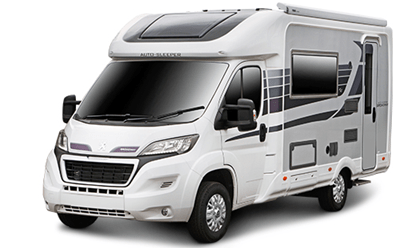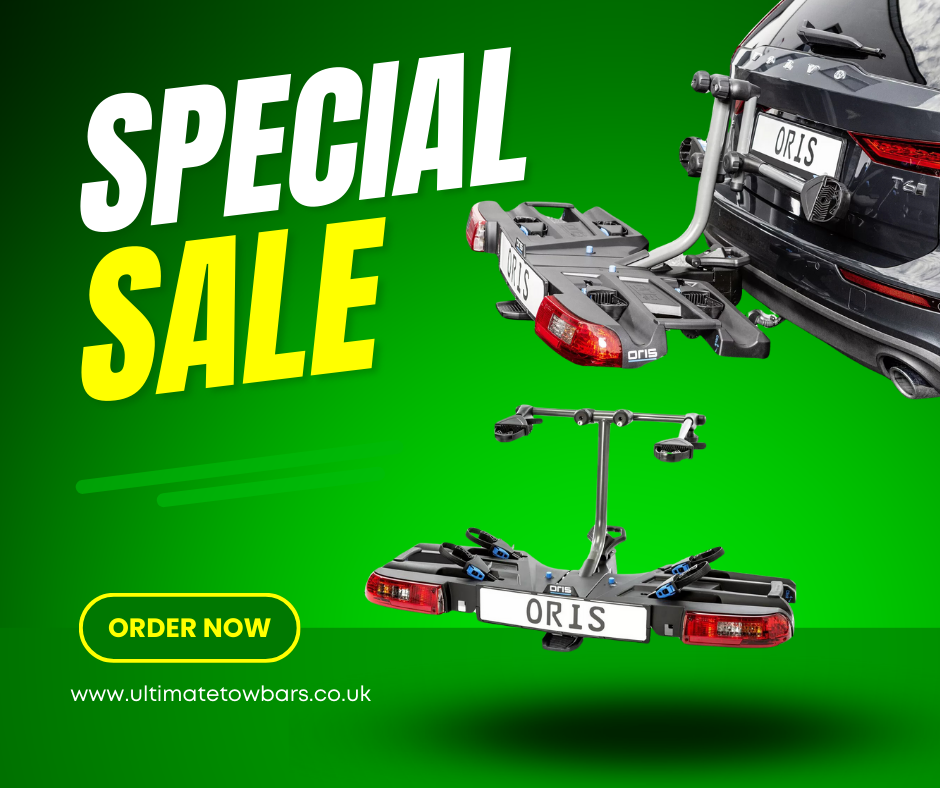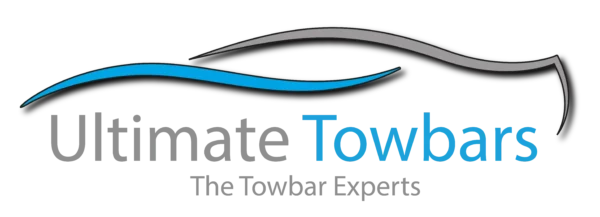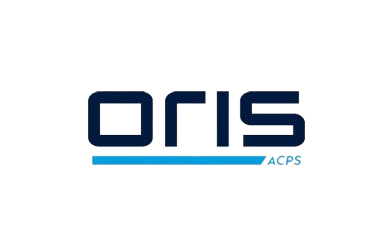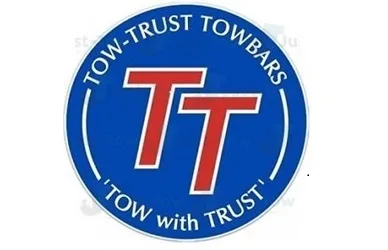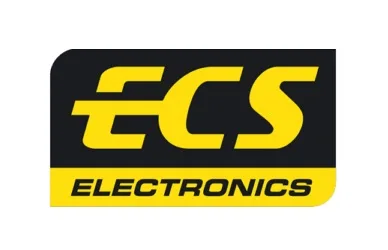Guide to Fitting Motorhome Towbars: What You Need to Know
If you’re a motorhome owner looking to enhance the utility of your vehicle, adding a towbar can be a great investment. It can transform your motorhome into a versatile towing vehicle, allowing you to bring along a trailer, a small car, or even a bike rack for those extended trips. However, fitting a motorhome towbar is a task that requires careful planning and consideration. This guide will walk you through the essential factors to keep in mind when fitting a towbar to your motorhome.
1. Understand the Legal and Safety Requirements
Before fitting a towbar to your motorhome, it’s crucial to understand the legal regulations and safety requirements. Each country or region has specific guidelines regarding towbar fittings, towing capacities, and brake requirements. For example, in the UK:
- Type Approval: Towbars fitted to motorhomes registered after April 2012 must meet European-type approval standards.
- Towing Capacity: The towbar’s capacity should not exceed the maximum towing weight specified in your motorhome’s handbook.
- Towbar Design: The design and fitting must ensure that the towbar does not interfere with rear-view visibility or other essential features of the vehicle.
Make sure to check your vehicle’s specifications and adhere to local regulations to avoid penalties and ensure a safe towing experience.
2. Choosing the Right Type of Towbar
Motorhome towbars come in various shapes and styles, each suited for different needs. The three most common types include:
- Flange Towbar: Offers versatility and durability, making it a popular choice. It features a plate with bolts to attach various accessories.
- Detachable Towbar: Allows the towbar neck to be easily removed when not in use, preserving the aesthetic look of your motorhome.
- Swan Neck Towbar: Features a sleek, curved design. It’s less intrusive and ideal if you’re only using the towbar for light towing or bike racks.
When choosing the towbar, consider what you will be towing. A heavier caravan or trailer requires a stronger towbar with a higher load capacity, while a bike rack or light trailer may only need a simpler setup.
3. Determine the Towing Capacity
Your motorhome’s towing capacity is determined by its Gross Vehicle Weight (GVW) and Gross Train Weight (GTW). The GTW is the maximum allowable weight of the motorhome plus the trailer or load being towed. Exceeding this limit can damage your motorhome’s engine and suspension system, compromise safety, and potentially void your insurance policy.
Always refer to your motorhome’s manual to find these figures. For heavier towed items, such as a car dolly, it’s essential to ensure that the sum of the loaded motorhome and trailer does not surpass the GTW.
4. Consider Professional Installation
While it might be tempting to tackle a towbar fitting as a DIY project, motorhome towbars are more complex than those for standard cars. The installation involves:
- Correctly locating and securing the mounting points.
- Ensuring proper alignment with the chassis.
- Connecting the towbar to the motorhome’s electrical system.
Due to the intricate nature of these steps, it’s highly recommended to have the towbar fitted by a professional. This not only ensures the job is done safely and correctly but also may be necessary to meet warranty and insurance requirements.
5. Electrical Wiring and Compatibility
Motorhome towbars require an appropriate electrical wiring kit, typically a 7-pin or 13-pin system, depending on the lighting and other electrical needs of the trailer or accessory. A 7-pin system is sufficient for basic lighting, while a 13-pin setup is necessary for additional functions such as battery charging and reverse lights.
An important consideration is CAN-bus wiring compatibility. Modern motorhomes often use CAN-bus systems, making traditional wiring more complicated. A dedicated or vehicle-specific wiring kit, which integrates with the existing electrical system, is the best option to avoid any interference with safety features or error codes.
6. Assessing the Load Distribution
Adding a towbar can significantly impact the overall load distribution of your motorhome. Poor weight distribution can affect driving stability, leading to a hazardous “snaking” effect when towing. It’s crucial to distribute the load evenly and consider installing stabilizers or load-balancing devices if necessary.
Additionally, the extra weight of a trailer or car being towed increases the strain on your motorhome’s braking system. Installing a trailer brake controller or opting for a trailer with its own braking system can help ensure safer handling and compliance with legal requirements.
7. Cost Considerations
The cost of fitting a motorhome towbar can vary depending on several factors, including the type of towbar, vehicle model, and complexity of installation. Typically, prices can range from £600 to well over £1000, including parts and labour. Detachable towbars tend to be more expensive due to their design and versatility.
For a professional installation, it’s wise to get a detailed quote that includes any additional accessories, such as towballs, electrical kits, and any needed chassis reinforcement.
8. Maintenance and Upkeep
After fitting a towbar, regular maintenance is essential to keep it in top condition. Check for signs of rust or wear, ensure all bolts are tight, and inspect the electrical connections periodically. Lubricate moving parts to prevent corrosion and make sure that detachable towbars are securely locked in place before each use.
Conclusion
Fitting a towbar to your motorhome can open up a range of travel possibilities, from towing a small car to carrying bicycles for your adventures. By considering the type of towbar, towing capacity, professional installation, and ongoing maintenance, you can ensure a safe and reliable setup that enhances your motorhome’s functionality. Whether you’re a DIY enthusiast or prefer professional help, making informed decisions will make all the difference in your towing experience.
Ultimate Towbars offers on-site Motorhome Fitting (location dependent, please contact us if unsure.)
They only fit vehicle-specific type-approved towbars and dedicated wiring, complying with the vehicle manufacturer’s warranty guidelines.
Due to the weight and complexity of fitting, we always send two trained technicians to fit Motorhome Towbars. This ensures safety and ensures no damage to the Motorhome.
We can now offer Motorhome Chassis extension fitting to a range of motorhomes,
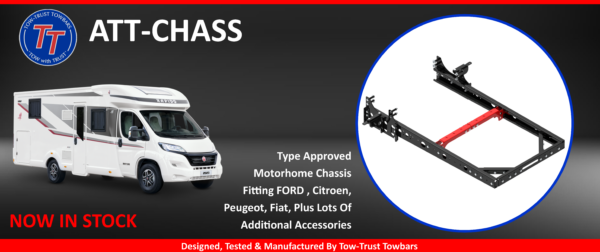
For a comprehensive and competitive motorhome tow bar supply and fitting price please contact us…
Call 0114 360 7080
Email fitting@ultimatetowbars.co.uk
Visit the online motorhome fitting quote page at https://www.ultimatetowbars.co.uk/motorhome-towbars/
If you complete the form at the above link we can get a price over to you.
